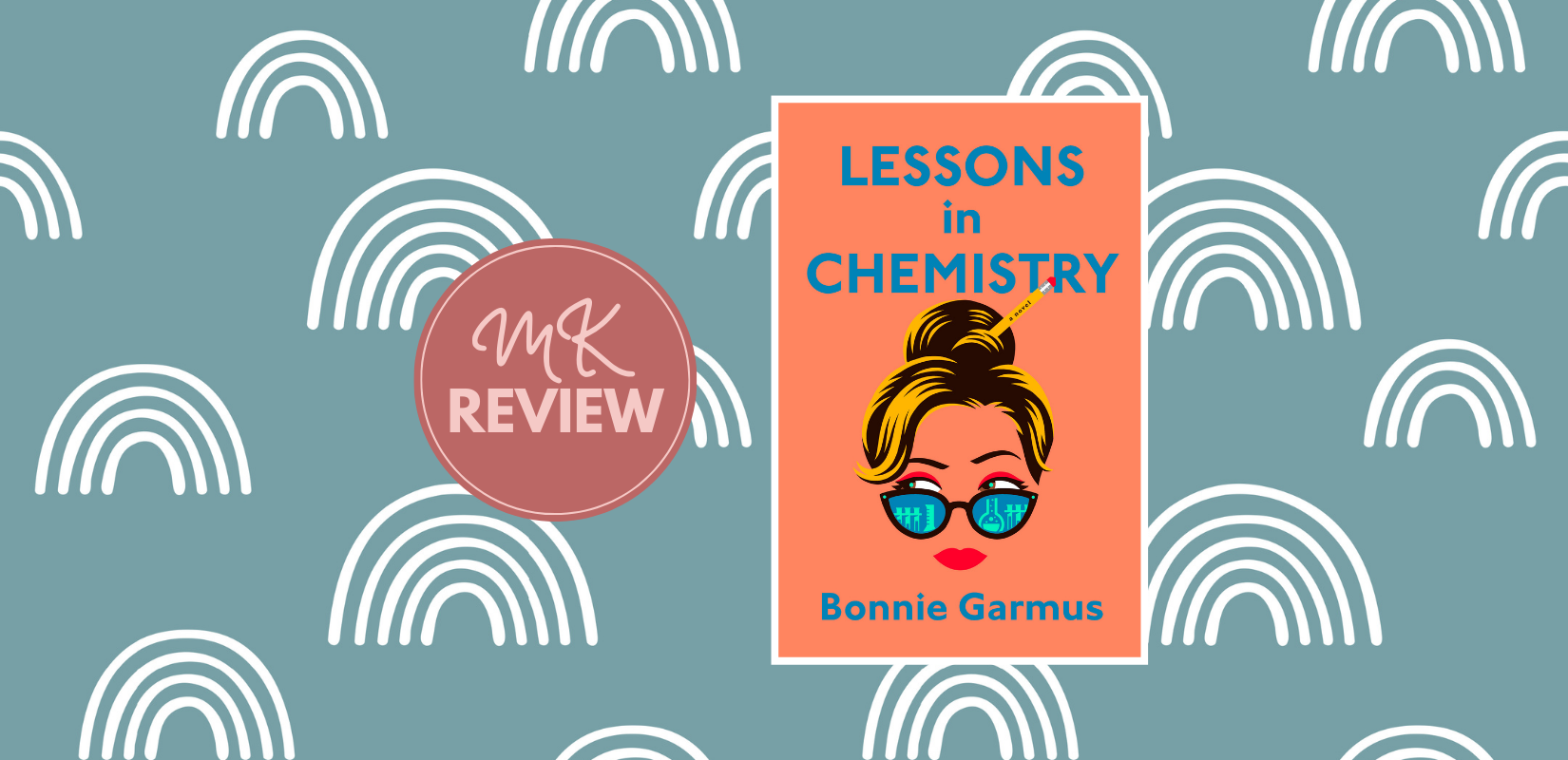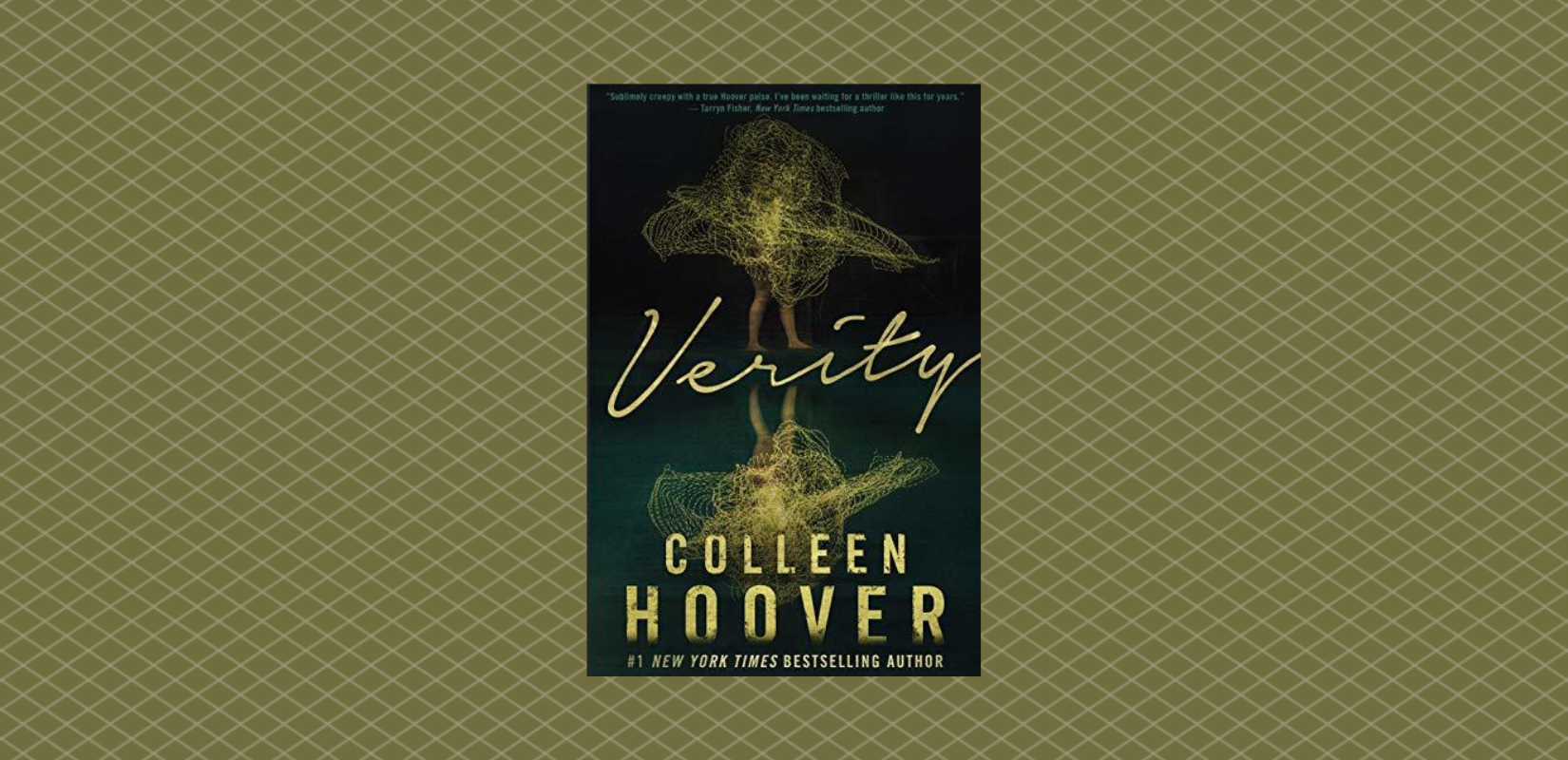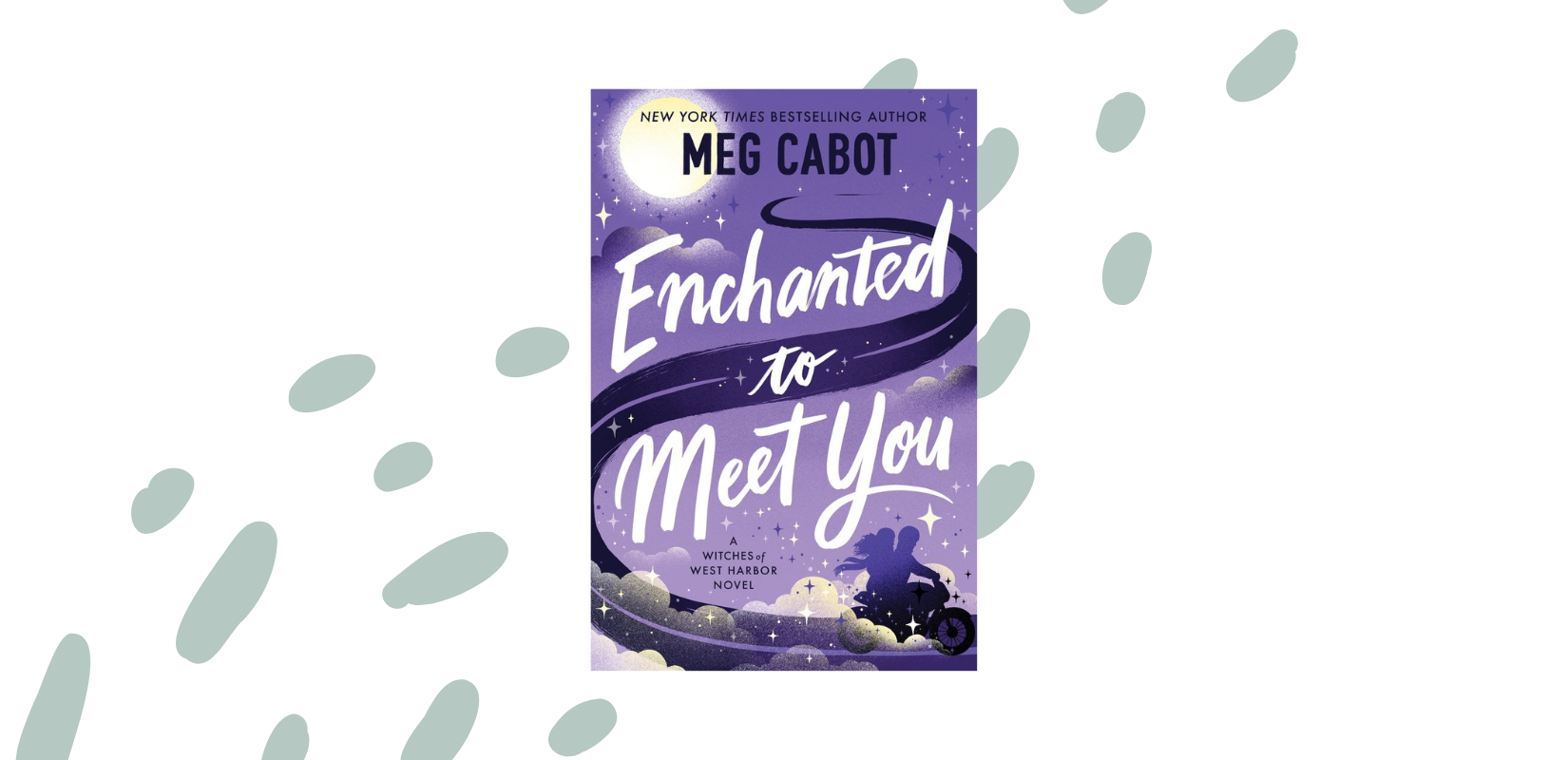Cultish Book Review | The Language of Fanaticism
One of the best things about the world right now is that we’re so inquisitive about different groups, religions, and societies that are different from our own. I think that’s why so many streaming services are putting out new documentaries. By viewing these documentaries, we can learn about a specific group or situation and hear different ideals and viewpoints about it.
And that’s why I decided to check out the book Cultish: The Language of Fanaticism by Amanda Montell from the library.
In Cultish, linguist Amanda Montell dives deep into the intricacies of cult-like behavior and language. She leaves no stone unturned as she explores the world of cults and cultish language.
And if you enjoy today’s book discussion, you can read more of my book reviews here.
What is the book Cultish About?
The author of the widely praised Wordslut analyzes the social science of cult influence: how cultish groups from Jonestown and Scientology to SoulCycle and social media gurus use language as the ultimate form of power.
What makes “cults” so intriguing and frightening? What makes them powerful? The reason why so many of us binge Manson documentaries by the dozen and fall down rabbit holes researching suburban moms gone QAnon is because we’re looking for a satisfying explanation for what causes people to join—and more importantly, stay in—extreme groups. We secretly want to know: could it happen to me? Amanda Montell’s argument is that, on some level, it already has . . .
Our culture tends to provide pretty flimsy answers to questions of cult influence, mostly having to do with vague talk of “brainwashing.” But the true answer has nothing to do with freaky mind-control wizardry or Kool-Aid. In Cultish, Montell argues that the key to manufacturing intense ideology, community, and us/them attitudes all comes down to language. In both positive ways and shadowy ones, cultish language is something we hear—and are influenced by—every single day.
Through juicy storytelling and cutting original research, Montell exposes the verbal elements that make a wide spectrum of communities “cultish,” revealing how they affect followers of groups as notorious as Heaven’s Gate, but also how they pervade our modern start-ups, Peloton leaderboards, and Instagram feeds. Incisive and darkly funny, this enrapturing take on the curious social science of power and belief will make you hear the fanatical language of “cultish” everywhere. (from Amazon.com)
My First Impressions
I have been interested in Cults for a while now. My first two cult books that I read in 2023 were BLANK and BLANK. So I was really excited when I first heard about this book. I was looking forward to finding out more about cult followings and the special language they use.
Amanda Montell is an author known for her expertise in linguistics and social commentary. She brings a unique perspective to this book because she did a lot of research, but she also took the time to talk to people about their personal experiences. I found it really interesting that her Dad was in an actual cult, which may be part of what interests her so much about the topic.
This Book is Very Much a Beginner’s Guide to Cults
In some of the goodreads reviews of this book, people seemed frustrated by how basic it is. But I think that’s the point. While Amanda tells the stories of some cults in varying detail, the real point of her book is to discuss the language and tactics that they use in order to find new members and gather masses of people to their cause.
Amanda uses accessible prose to tell these stories and I think that’s good. Amanda discusses cults like Jim Jones and Heaven’s Gate but she also talks plenty about their use of language. Throughout this book she works to unravel the subtle yet powerful linguistic mechanisms that underpin cultish groups, whether they’re religious sects, self-help movements, or fandoms of popular culture.
So if you’re looking for detailed explanations about certain popular cults, you may be disappointed in this book. Amanda’s true purpose of writing it is to explore the language dynamics that shape belief systems and manipulate perceptions. And she has lots of research and plenty of compelling anecdotes to go along with it.
What Kinds of Cults does Amanda Talk about in Cultish?
In Cultish, Amanda dives into the loaded language and cult communication of many different kinds of groups. I personally found her chapter on religious groups and talking in tongues really fascinating.
One time when I was a teenager I went to a Super Bowl part at my friends church, and when we were walking down the hallways one of her friends made us all huddle on the ground because he felt a calling to pray. And then he proceeded to “talk in tongues”.
I never really understood what that was about or what it meant, but Amanda kind of cleared it all up for me in her book. So that was cool. It does make me wonder if the church my friend was in could be considered on of the language cults, but it’s been so long that I’m not sure.
Actually, that was my first of two experiences with religious cults. My second was when I went to a Pentecostal Easter Service with my college friend during our junior year in college. But I’m getting off topic.
Anyway, some of the groups that Amanda talks about are hard-core fitness programs like Cross Fit. Businesses like MLMs. Religious Groups like Scientology. And other documented cults like Jim Jones and Heaven’s Gate. So she really covers a variety of topics.
She navigates the labyrinth of psychological manipulation and the construction of identity within these groups. By dissecting how language is weaponized to control and coerce, Montell offers readers a critical lens through which to understand the allure and dangers of cult-like behavior in our society.
I enjoyed Amanda Montell’s Interviews
Whether she was talking about her own experience stopping by the Scientology Center or a former classmate’s experience being in an Multi Level Marketing company, she didn’t judge. She didn’t look down on the person. She just asked the honest questions that popped into her mind.
It’s clear she’s an empathetic listener who just really wants to understand how the English language can be molded and used to become on of the most compelling techniques in cults. Charismatic leaders use their charm and their quick wit to say whatever needs to be said in order to bring people in.
I feel like that’s kind of what happened to her MLM friend. She wanted to lose weight and so she joined the weight loss program. And in order to get free food and plans, all she had to do was recruit a few people. I’m sure the person who originally told her about the program didn’t consider the fact that their higher up was a cult leader, but that’s how it all begins. That’s how multilevel marketing companies get to you.
The Cultish Audiobook
Although I own Cultish on my Kindle, I wound up reading most of this book by listening to the audiobook. Because of the interesting topic and how Amanda is an engaging storyteller, I found it fun to listen to the audiobook because it’s like I was listening to a really long audiobook.
The audiobook is 8 hours and 21 minutes long. It is narrated by Anne Marie Gideon.
Cults Can Be a Sensitive Subject & Should not be Taken Lightly
Whether you’re talking about the Heaven’s Gate Cult or the Jonestown Massacre, cults can be a very sensitive subject matter to discuss. A cult may start by taking up a corner of life, but it can quickly take over daily lives. So while a lot of people talk flippantly about cults, I believe it is a topic that should be taken very seriously.
Cult leaders may think they are coming form a good place, but the specific language that they use can cause irreparable damage to the group of people that follow them. So I guess what I’m trying to say is that although Amanda mentions things like Cross Fit and Lululemon, she also discusses Hollywood scientologists and her father’s involvement in the synanon movement.
Some of these topics are not as dark as the others and I don’t think they should be compared. They’ve all caused issues in people’s lives in their own way.
The Power of Language
Language is crucial because it enables communication, allowing individuals to convey thoughts, ideas, and emotions. It serves as a tool for expressing culture, traditions, and shared values within societies.
Language facilitates learning and development, enabling the transmission of knowledge across generations. Ultimately, it plays a pivotal role in fostering relationships and building connections between people.
You may be wondering where the title for this book comes from. That is something that Amanda explains in her book, so I won’t spoil it. But with misleading euphemisms and fun prose style, cults have a way of giving people a sense of belonging. The power of language is so important.
In Conclusion
In the end, Cultish isn’t just a book about loners or people desperate to fit in. Instead it examines fanatical fringe groups and their desire to be surrounded by people who get them and help them find their life’s focus. But as we learned, cultish organizations can sometimes use manipulations to bring prospective cult members over to their side.
Amanda Montell’s Cultish discussed in great length how good people can be preyed on, thanks to human vulnerability and the seductive power of belonging. Throughout this book she challenges readers to confront their own susceptibility to linguistic influence and encourages a deeper examination of the language we encounter daily.
Thank you so much for checking out my Cultish book review. This book about cult language and cultish influence was really eye opening. It made me consider a lot of things I had never thought about before.
It doesn’t matter whether you’re a sociologist, psychologist, or someone who is just a curious observer of human behavior. Cultish promises to be a thought-provoking journey into the dark corners of group dynamics
But Wait, There’s More!
If you enjoyed today’s book discussion, you can read more of my book reviews here. I hope you find your next great read!




